




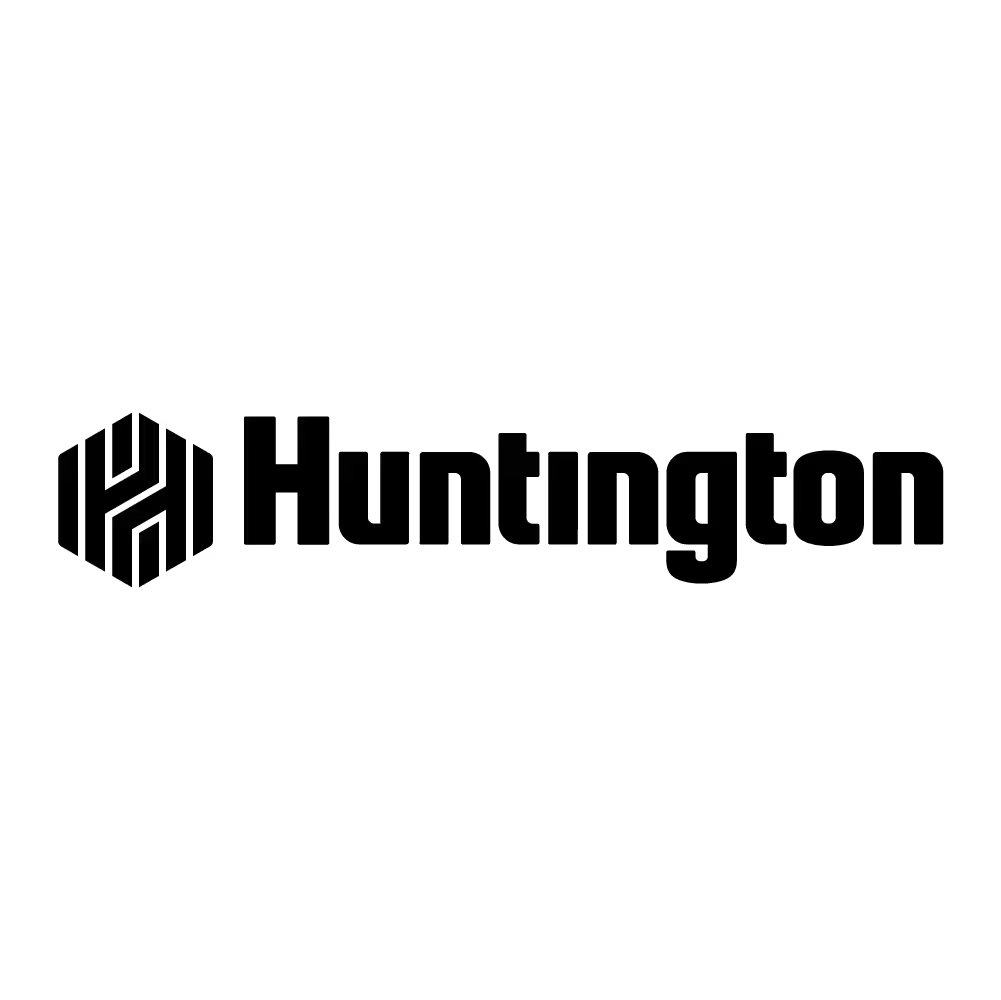

5-Star Valuation Services, Loved by Hundreds
Frequently Asked
Questions
No Frequently Asked Questions Found.
Assignments often focus on machinery and equipment, inventory, vehicles, and other operating assets. Reports are typically developed in accordance with USPAP and are designed to provide clear, supportable conclusions that can be relied upon by credit teams.
Professional certified appraisers utilize sophisticated methodologies to analyze machinery value, considering multiple critical factors. These include equipment age, current condition, operational performance, maintenance history, technological relevance, and prevailing market conditions. By incorporating detailed examinations of physical attributes and economic context, appraisers can generate an accurate and defensible valuation.
The appraisal process typically involves three primary valuation approaches: cost, market, and income. The cost approach evaluates replacement expenses while accounting for depreciation. The market approach compares similar equipment transactions to establish fair market value. The income approach estimates potential future economic benefits generated by the machinery.
Key considerations during an equipment appraisal extend beyond simple numerical calculations. Appraisers carefully assess unique characteristics like specialized modifications, technological capabilities, and potential obsolescence. They also examine maintenance records, operational efficiency, and broader industry trends that might influence asset value.
The resulting comprehensive report serves multiple strategic purposes. It provides crucial documentation for financial transactions, insurance coverage, tax planning, potential sales, mergers, and internal asset management. By offering an objective, professional evaluation, equipment appraisals enable businesses to make informed decisions about their capital assets.
Ultimately, an Equipment & Machinery appraisal delivers more than just a monetary figure. It provides a nuanced understanding of an organization's technological infrastructure, supporting strategic planning and financial transparency.
When photographic documentation requires supplementation, professional appraisers leverage video conferencing platforms to conduct live consultations. These virtual interactions enable real-time discussions about equipment specifics, allowing for a more nuanced evaluation of complex machinery or specialized assets. Such remote assessment methods can significantly reduce time and travel expenses associated with traditional in-person appraisals.
The effectiveness of online appraisals depends on several critical factors. High-resolution, well-lit photographs that capture multiple angles and key mechanical details are essential for accurate initial assessments. Clients should be prepared to provide comprehensive documentation, including maintenance records, operational history, and any unique modifications or features that might impact the equipment's value.
While online appraisals offer remarkable convenience, they are not universally applicable. Certain highly specialized or intricate equipment may still require in-person examination to ensure a comprehensive and precise valuation. Professional appraisers will typically indicate when a remote assessment is insufficient and an on-site inspection becomes necessary.
Clients should always verify an appraiser's professional credentials and ensure the evaluation meets industry standards, particularly the Uniform Standards of Professional Appraisal Practice (USPAP). This diligence guarantees the reliability and credibility of the appraisal for potential uses such as financial reporting, insurance claims, or resale considerations.
Different types of equipment appraisers emerge from specific industrial domains, each bringing targeted expertise to the valuation process. Construction equipment appraisers evaluate heavy machinery like excavators and cranes, understanding regional development trends and equipment performance characteristics. Manufacturing equipment specialists focus on production machinery, analyzing technological complexity, usage history, and potential productivity impact.
Agricultural equipment appraisers examine farming machinery with nuanced understanding of seasonal productivity and technological advancements. Medical equipment professionals navigate intricate healthcare technology landscapes, assessing sophisticated diagnostic and surgical instruments. Transportation equipment experts evaluate vehicles and logistics equipment, considering depreciation rates and market demand dynamics.
Heavy equipment appraisers bring specialized knowledge to complex industrial machinery used in sectors like mining and energy. Technology equipment specialists track rapid technological evolution, providing critical insights into rapidly depreciating digital assets and communication systems.
Each appraiser type represents a unique intersection of technical knowledge, market understanding, and industry-specific insights. Their professional assessments provide crucial information for business decision-making, asset management, insurance purposes, and strategic planning across multiple economic sectors.
Insurance coverage represents a primary driver for professional appraisals. An accurate valuation ensures precise protection against potential losses, preventing both underinsurance vulnerabilities and unnecessary premium expenditures. By establishing a credible baseline for asset worth, organizations can design insurance strategies that are both protective and cost-effective.
Tax compliance represents another compelling rationale for equipment appraisals. When donating high-value machinery or equipment, a professional assessment becomes essential for substantiating tax deduction claims. These documented valuations provide the necessary transparency to satisfy regulatory requirements while potentially maximizing financial benefits.
Financial reporting demands rigorous asset valuation. Appraisals offer a clear, defensible representation of equipment value on balance sheets, enabling more sophisticated financial analysis. This transparency becomes particularly crucial when attracting investors or securing lending, as financial institutions rely on precise asset assessments to evaluate collateral and organizational health.
Legal proceedings frequently necessitate objective equipment valuations. During complex scenarios like partnership dissolutions or divorce settlements, a professional appraisal provides an impartial benchmark for asset division. The documented valuation serves as a credible reference point for negotiations, potentially mitigating potential conflicts.
Transaction dynamics also benefit significantly from professional appraisals. Whether purchasing or selling machinery, an independent valuation establishes a fair market baseline. This approach fosters trust between parties, facilitates more transparent negotiations, and helps prevent potential disputes arising from subjective price perceptions.
Strategic asset management represents the most forward-looking benefit of equipment appraisals. Regular assessments provide insights into asset depreciation, replacement timing, and potential upgrade opportunities. By understanding the precise value and condition of existing equipment, organizations can make more intelligent decisions about resource allocation, technological investments, and long-term operational planning.
Ultimately, a professional equipment and machinery appraisal transcends mere number-crunching. It represents a sophisticated tool for financial governance, risk management, and strategic organizational development.
Understanding Equipment and Machinery Appraisals
Understanding equipment and machinery appraisals is crucial for both lenders and borrowers in securing loans against physical assets. An appraisal provides an unbiased estimate of what the equipment is worth, taking into account various factors such as age, condition, and market demand. This valuation not only helps in determining loan amounts but also protects lenders from potential losses if the borrower defaults. Furthermore, an accurate appraisal can aid borrowers in negotiating better loan terms based on the established value of their collateral.
In the context of loan collateral, the appraisal process typically involves a thorough inspection and analysis of the equipment or machinery being evaluated. Appraisers may consider similar sales data, replacement costs, and depreciation, alongside specific nuances related to the industry in which the equipment operates. As a result, the final appraisal report becomes an essential document that supports financial decision-making for both parties involved. By understanding how appraisals work, businesses can make informed choices about financing options and asset management.
Importance of Accurate Valuations for Loan Collateral
Accurate valuations of equipment and machinery are crucial when using them as collateral for loans. Lenders need confidence that the asset retains sufficient value to cover the loan amount in case of default. A precise appraisal not only provides a clear picture of the asset's market worth but also helps prevent potential disputes between the borrower and lender regarding the asset's value. Without a reliable valuation, both parties could find themselves at a disadvantage in the loan process.
Moreover, an accurate appraisal can lead to more favorable loan terms for the borrower. When equipment and machinery are appraised correctly, lenders may be more inclined to offer higher loan amounts or lower interest rates, knowing they have a valuable asset backing the loan. This can be especially beneficial for businesses looking to expand or invest in new equipment, as it enables better cash flow management and financial planning. In contrast, undervaluations can restrict access to funds and limit growth opportunities.
Finally, understanding the importance of accurate valuations extends beyond the initial loan process. Should a borrower need to refinance or secure additional lines of credit, having a well-documented appraisal history can be invaluable. It provides a track record of the asset's consistent valuation, thereby enhancing the borrower's credibility with lenders. Ultimately, accurate valuations serve as a foundation for financial strategy, offering security for both the lender and the borrower in their financial endeavors.
Types of Equipment and Machinery Subject to Appraisal
When it comes to appraising equipment and machinery for loan collateral, various types can be evaluated to determine their market value. Common categories include construction equipment such as excavators, bulldozers, and cranes, which play crucial roles in large-scale projects. Additionally, agricultural machinery like tractors, plows, and harvesters can also be appraised, as they are essential for modern farming operations. Each type of equipment has unique characteristics and market demand factors that can significantly influence its appraised value.
Industrial machinery, including manufacturing equipment, metalworking tools, and assembly line systems, also require thorough appraisal processes. Factors such as age, condition, and technological advancements can all impact valuation. Further, specialized equipment such as medical devices or restaurant machinery often hold their worth based on industry-specific needs. Understanding the nuances of each equipment category ensures a more accurate appraisal and better informs lenders about potential loan collateral value.
Common Uses of Equipment and Machinery Appraisals
Equipment and machinery appraisals serve various critical functions, particularly in the realm of financing. Lenders often require appraisals to assess the value of collateral when issuing loans. This process ensures that the value of the equipment or machinery being financed aligns with the loan amount, reducing the risk for the lender and providing a clear picture for both parties regarding the asset's worth. Additionally, accurate appraisals can help businesses negotiate better financing terms based on the true value of their equipment.
Beyond financing, equipment and machinery appraisals are vital during mergers and acquisitions. Companies looking to buy or merge with another entity must understand the value of the assets being transferred, as this can significantly impact the overall deal structure. Appraisals can also aid in tax reporting and compliance, providing businesses with documentation necessary for asset depreciation and tax deductions. Overall, these appraisals are essential for various strategic business decisions and financial planning.
Key Factors Influencing Equipment and Machinery Value
The value of equipment and machinery can be influenced by several key factors, including age, condition, and market demand. Generally, newer equipment tends to hold a higher value due to advancements in technology and efficiency, while older machinery may depreciate due to wear and tear or obsolescence. The overall condition of an item, including maintenance history and any modifications that have been made, also plays an essential role in determining value. Potential buyers will often assess how well an item has been kept and whether it is operational, as these aspects can significantly impact resale potential.
Market demand is another crucial factor to consider, as it can fluctuate based on industry trends, economic conditions, and the availability of similar equipment. High demand for specific types of machinery can drive values up, whereas an oversupply can lead to a decrease in price. Additionally, specialized equipment may maintain its value longer than more generic items due to a limited pool of buyers. Understanding these dynamics is vital for lenders and borrowers alike, as they will affect not only the appraisal process but also the overall strategy for securing and using equipment as loan collateral.
Different Methods of Equipment and Machinery Appraisal
When it comes to appraising equipment and machinery, there are several methods professionals may utilize, each tailored to the specific circumstances and needs of the asset in question. The most common approaches include the Cost Approach, the Market Approach, and the Income Approach. The Cost Approach bases the valuation on the expense to replace or reproduce the asset, considering current market conditions and depreciation. Meanwhile, the Market Approach looks at comparable sales of similar equipment to determine value, providing insight into how the asset stands in relationship to others in the marketplace.
The Income Approach, on the other hand, evaluates the potential earnings an asset can generate over its useful life, factoring in future income streams and risk assessments. Selecting the appropriate appraisal method often depends on the nature of the equipment being valued, its use, and the purpose of the appraisal itself. Understanding these diverse methods allows lenders and borrowers to make informed decisions regarding loan collateral and financial valuations, ultimately ensuring that the appraised value aligns with both market expectations and institutional requirements.
The Role of Qualified Appraisers in Equipment Valuation
Qualified appraisers play a critical role in the valuation of equipment and machinery, particularly when these assets are used as loan collateral. Their expertise allows them to assess the fair market value, taking into account factors like age, condition, and market demand. An accurate appraisal can mitigate risks for lenders, ensuring that the collateral adequately covers the loan amount in case of default. By providing an impartial evaluation, appraisers help maintain trust in transactions between borrowers and lenders, fostering greater transparency in financial dealings.
In addition to their technical skills, qualified appraisers utilize industry-standard methodologies and stay updated on market trends to enhance the accuracy of their assessments. They often have specialized knowledge in specific types of equipment, which can be crucial in understanding nuances that influence value, such as recent technological advancements or shifts in industry standards. This depth of knowledge not only aids in determining the right valuation but also instills confidence in both lenders and borrowers, ensuring that each party clearly understands the worth of the collateral involved.
How to Prepare for an Appraisal: A Step-by-Step Guide
Preparing for an equipment and machinery appraisal involves several important steps that ensure an accurate and reliable valuation. Begin by gathering all relevant documentation, including purchase invoices, maintenance records, and any modifications made to the equipment. This information assists the appraiser in understanding the history and condition of the machinery, which can significantly impact its value. Additionally, having photographs of the equipment, both inside and out, can provide visual context that further aids in the appraisal process.
Next, it's crucial to conduct a thorough inspection of the machinery prior to the appraisal. Check for any signs of wear and tear, incomplete repairs, or operational issues that might influence its valuation. Addressing minor issues or cleaning the equipment can help present it in the best possible light during the appraisal. By taking these proactive steps, you not only streamline the appraisal process but also enhance the likelihood of obtaining a favorable valuation for your loan collateral.
Understanding the Appraisal Process and Timeline
The appraisal process for equipment and machinery typically begins with a request from the lender or borrower, aiming to establish the current market value of the assets used as collateral. An appointed appraiser will conduct a thorough examination of the equipment, assessing its condition, age, and specifications. This process often includes reviewing maintenance records and usage history to provide an accurate valuation that reflects the asset's true worth in the market. Understanding these elements is crucial, as they significantly impact the appraisal outcome and, subsequently, the financing options available.
The timeline for an equipment and machinery appraisal can vary widely depending on several factors, including the complexity of the assets being evaluated and the appraiser's workload. Generally, the initial inspection and data collection can take a few days, followed by a period of analysis where the appraiser compiles and interprets the gathered information. After this, the final report is prepared, which may take additional time based on the necessary level of detail and any required adjustments. By understanding the appraisal timeline, borrowers and lenders can better navigate their financing processes and align their expectations accordingly.
Documentation Required for Equipment and Machinery Appraisals
To successfully conduct an equipment and machinery appraisal for loan collateral purposes, certain documentation is essential. Appraisers typically require a detailed list of the items being appraised, including their make, model, year of manufacture, and any identifying serial numbers. Additionally, information regarding the current condition of the equipment, maintenance history, and usage patterns can provide valuable insights into its value. Collecting this information beforehand can expedite the appraisal process and ensure accuracy in determining the collateral worth.
Financial documents are also crucial in the appraisal process. This may include recent financial statements, tax returns, and any existing loan agreements related to the equipment. Understanding the financial context in which the machinery is being utilized helps appraisers gauge its current market value further. All these elements together contribute to a comprehensive appraisal, ensuring that the equipment's worth is clearly defined for both the lender and borrower.
Potential Risks of Under- or Over-Valuation
In the world of equipment and machinery appraisals, achieving an accurate valuation is crucial, particularly when these assets serve as loan collateral. Under-valuing equipment can pose significant risks for lenders, as it may leave insufficient coverage in the event of borrower default. This can lead to potential losses that could have been mitigated with a correct assessment, ultimately affecting the financial stability of lending institutions.
On the other hand, over-valuation brings its own set of challenges. It can lead to inflated loan amounts that can burden borrowers, making it harder for them to meet repayment terms. Additionally, should the borrower default, lenders may find themselves with collateral that does not hold the anticipated market value, resulting in potential financial setbacks and prolonged recovery efforts to liquidate the asset at a realistic price.
Furthermore, both under- and over-valuation can cloud the decision-making process for all parties involved. For businesses seeking loans, an inaccurate appraisal may hinder their ability to secure necessary funding, while lenders may miss out on opportunities to work with viable companies due to concerns over perceived risk. Thus, ensuring a precise and thorough appraisal of equipment and machinery is essential for maintaining trust and facilitating successful financial transactions.
Frequently Asked Questions About Equipment and Machinery Appraisals
Equipment and machinery appraisals serve a critical role in determining the fair market value of items used as loan collateral. These appraisals assess the condition, age, and utility of the equipment, taking into account current market trends and demand. Financial institutions often require a comprehensive appraisal to ensure that the collateral is sufficient to cover the value of the loan, helping mitigate the risk associated with lending.
One common question is what factors influence the valuation of equipment and machinery. Key elements include the type of machinery, its condition, historical performance, and any modifications or upgrades it has undergone. Appraisers also consider comparable sales data, market conditions, and applicable depreciation, which can significantly affect the equipment's value over time.
Another frequently asked question concerns the process of obtaining an appraisal for equipment and machinery. Typically, the appraisal begins with a thorough inspection of the asset, followed by research into recent sales of similar items. The appraiser will compile their findings into a detailed report that outlines the valuation methodology, ensuring transparency and clarity in how the final value was derived.
View all Locations
APPRAISEITNOW APPRAISERS ARE BEST-IN-CLASS & CREDENTIALED BY LEADING APPRAISAL ORGANIZATIONS LIKE THE ISA, ASA, & MORE.







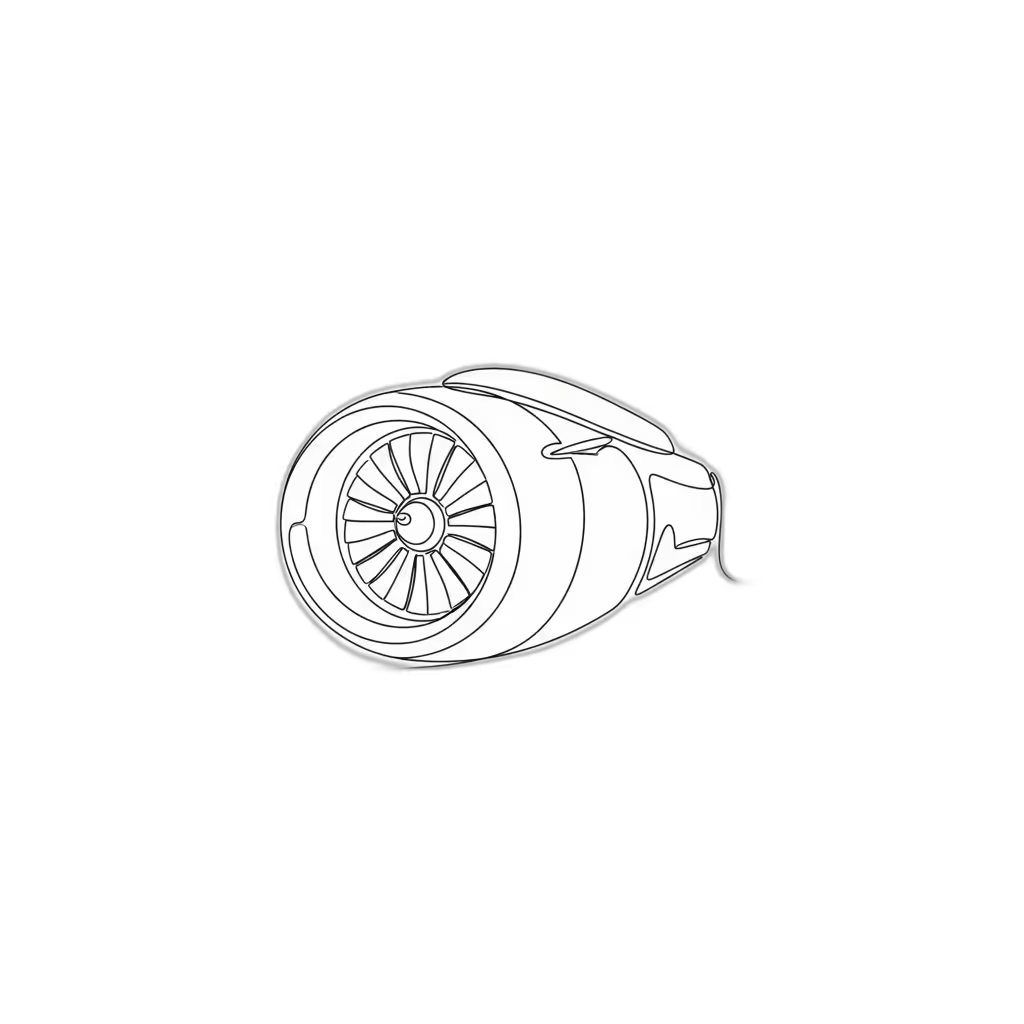

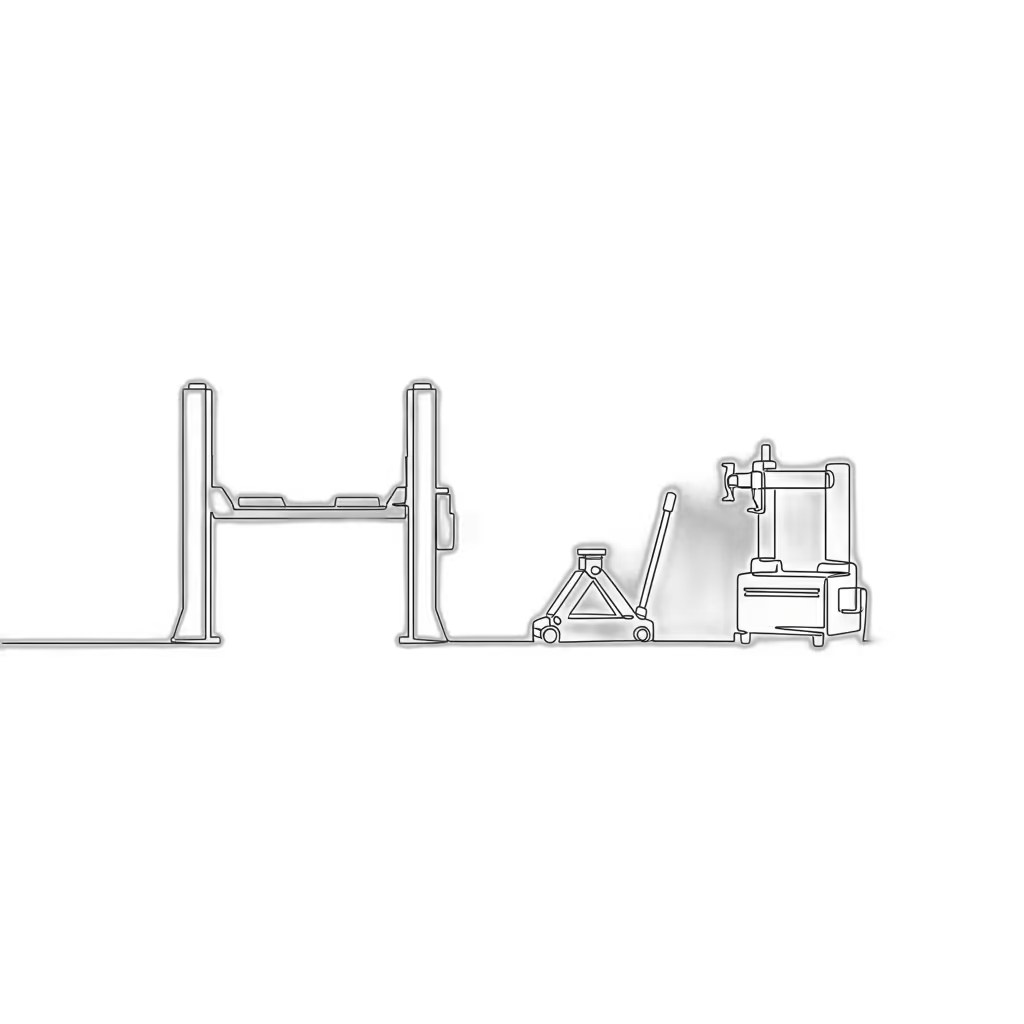














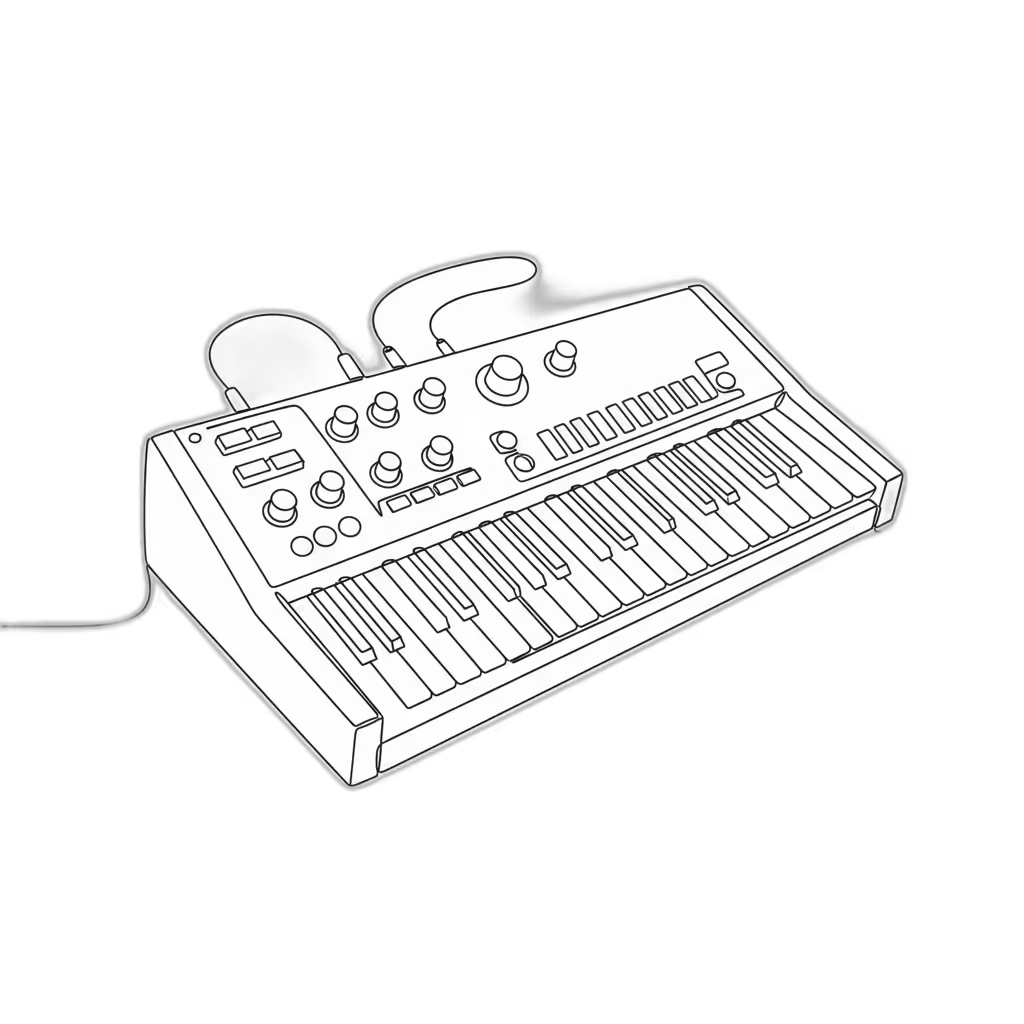


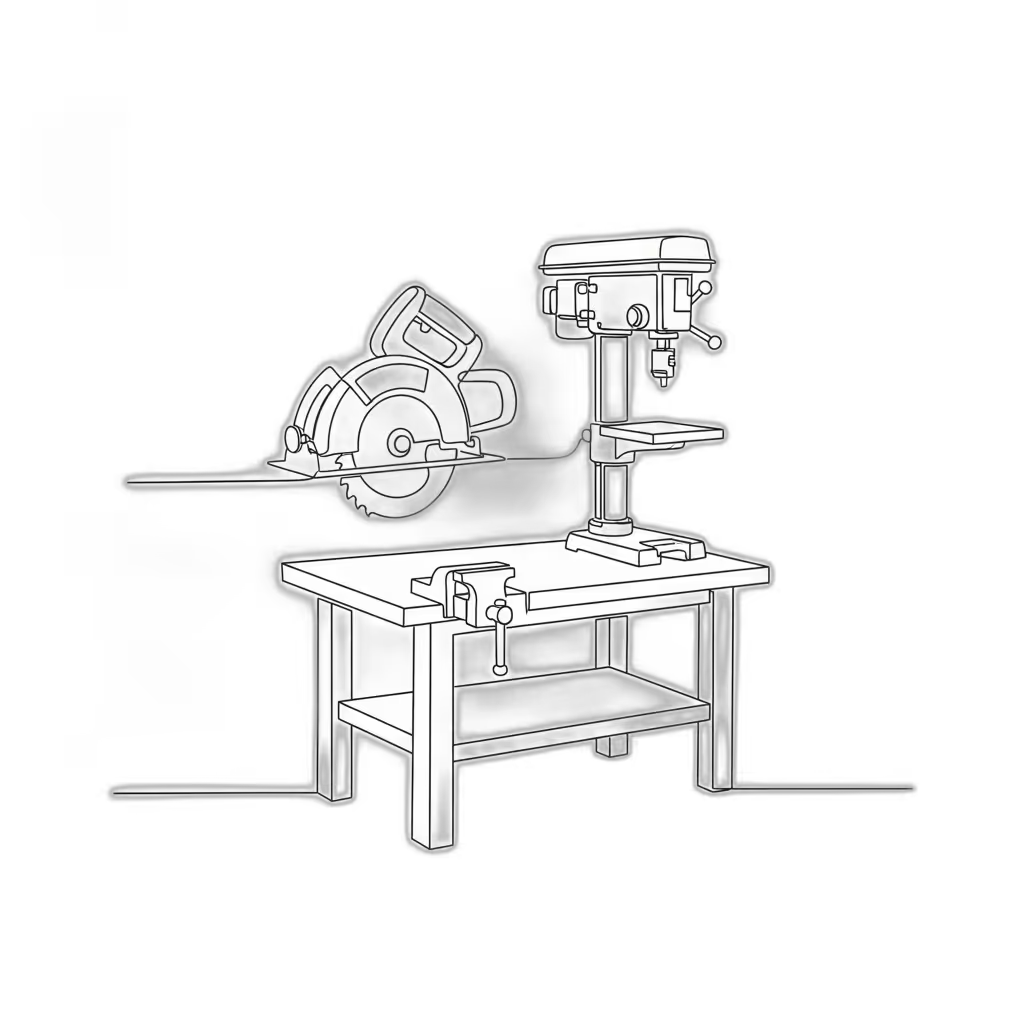
.svg)










